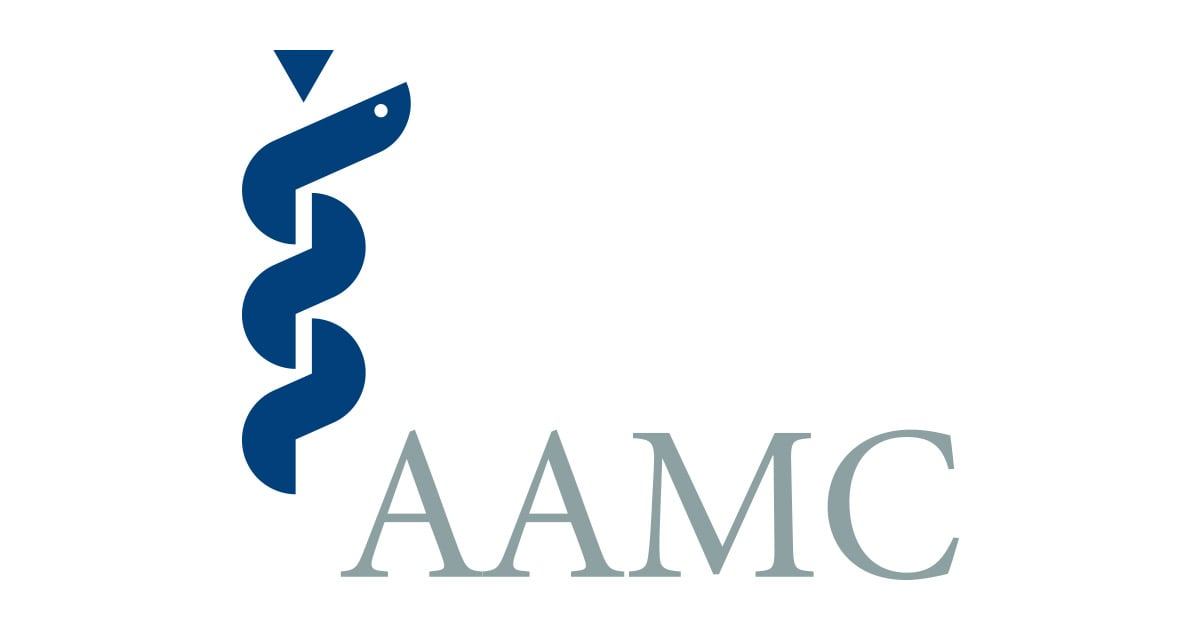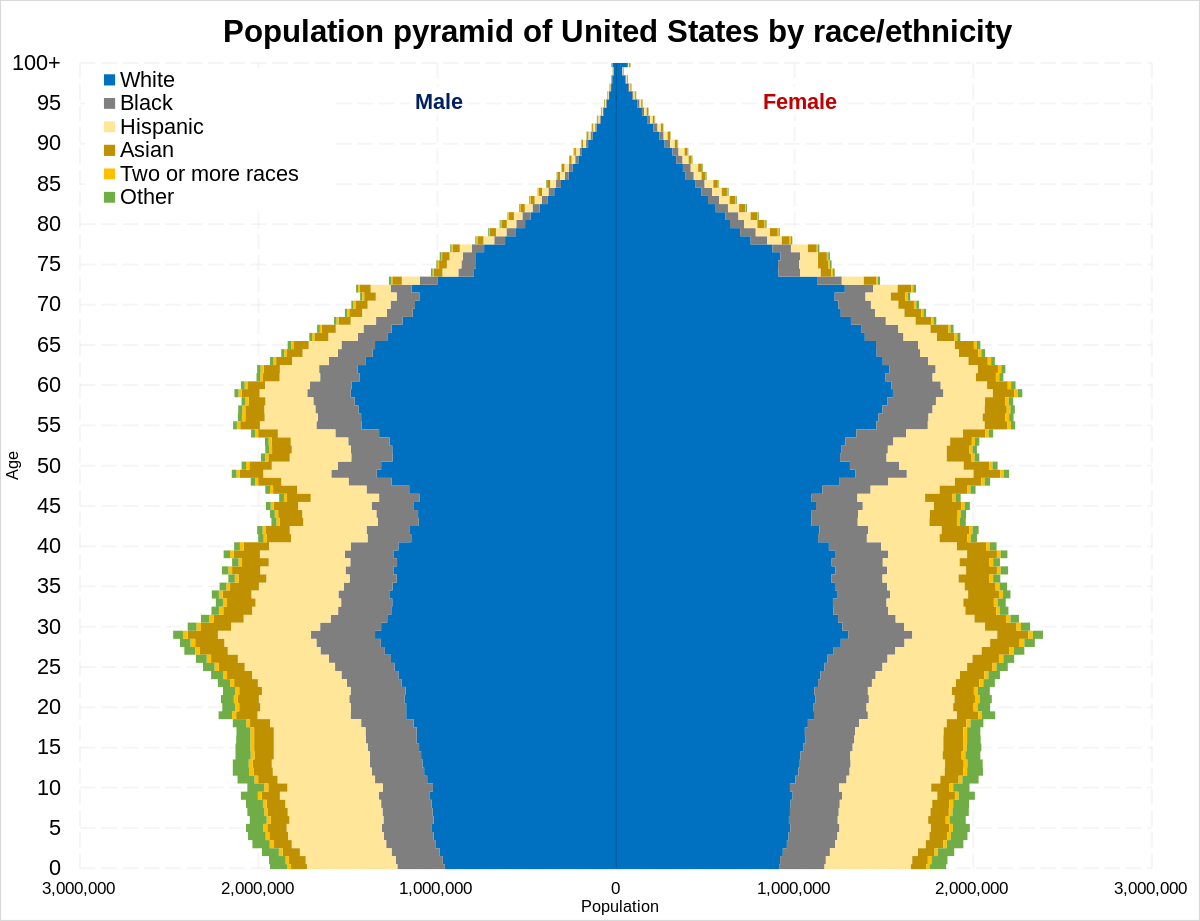- Joined
- Dec 22, 2018
- Messages
- 140
- Reaction score
- 358
The new 2020 MSAR shows the % of matriculants who self-identify as disadvantaged (underserved area/government programs/etc) on AMCAS. Just thought how eye-opening it was looking at these statistics for some of these schools. This is data from 2019, with me cherry picking schools:
Harvard 21%
Hopkins 9%
Penn 6%
NYU 3%
Michigan 15%
U-Washington 21%
Northwestern 6%
UCSF 13%
Cornell 19%
UCLA 38%
USC Keck 14%
UC Davis 56%
UC Riverside 68%
Tulane 11%
Vermont 11%
Penn State 15%
Looks like some schools actively seek disadvantaged students (UCR, UCD, Harvard, U-Washington, UCLA [Drew/Prime is 30% of their class], Cornell) while some schools could care less (Penn, NYU, Hopkins, Northwestern). The irony of NYU doing the free tuition thing so it could recruit disadvantaged folks and get more people into PCP LOL what a complete joke! The disparities are worse than I could have imagined. Any thoughts?
Harvard 21%
Hopkins 9%
Penn 6%
NYU 3%
Michigan 15%
U-Washington 21%
Northwestern 6%
UCSF 13%
Cornell 19%
UCLA 38%
USC Keck 14%
UC Davis 56%
UC Riverside 68%
Tulane 11%
Vermont 11%
Penn State 15%
Looks like some schools actively seek disadvantaged students (UCR, UCD, Harvard, U-Washington, UCLA [Drew/Prime is 30% of their class], Cornell) while some schools could care less (Penn, NYU, Hopkins, Northwestern). The irony of NYU doing the free tuition thing so it could recruit disadvantaged folks and get more people into PCP LOL what a complete joke! The disparities are worse than I could have imagined. Any thoughts?


